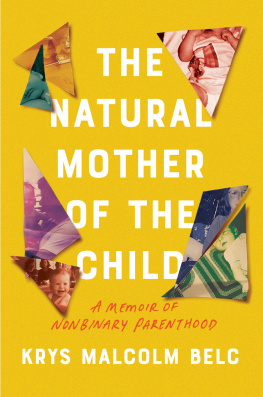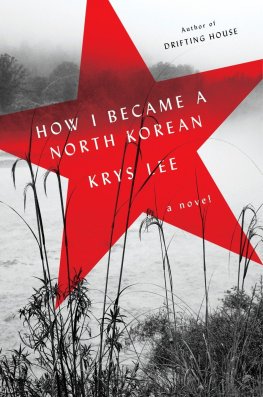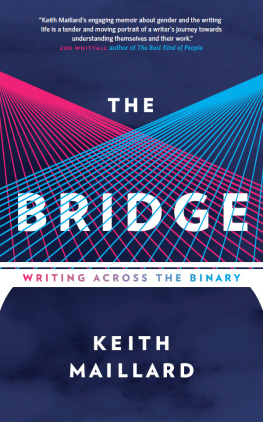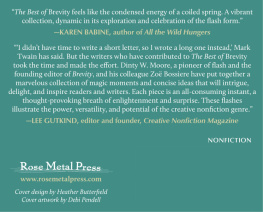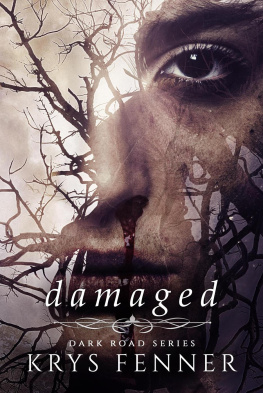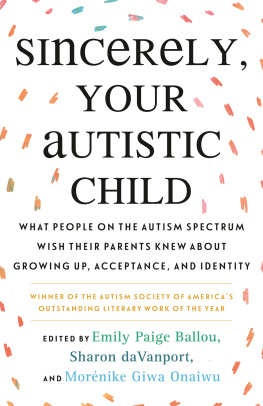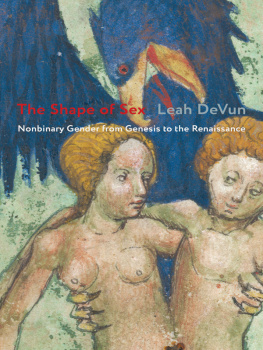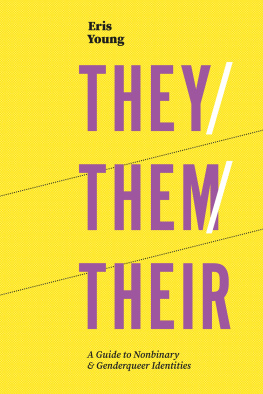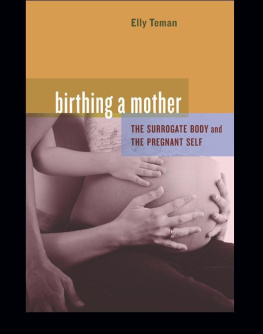Contents
Guide
Page List
More Praise for The Natural Mother of the Child
Named a Most Anticipated Book of the Year by The Rumpus and The Millions
Parenthood is full of the questions we dont always know the answers to, and in Krys Malcolm Belcs The Natural Mother of the Child, Belcs courage to ask his questions frankly and unflinchingly is riveting. These beautiful moments of intimacy, many written to loved ones, help us explore the history of a family, a community, and the expectations of who we call Mom and who we call Dad.
DUSTIN PARSONS , author of Exploded View: Essays on Fatherhood, with Diagrams
THE NATURAL MOTHER OF THE CHILD

To Samson Ryan Belc, for teaching me me
In order for something to be handed over a hand must extend and a hand must receive. We must both be here in this world in this life in this place indicating the presence of.
CLAUDIA RANKINE
CONTENTS
THE NATURAL MOTHER OF THE CHILD
When, in big groups, I am asked to pick out a fact no one would guess about me, I pick this one: My first athletic competition was in Irish dance. Yes, I say, I had the big blue dress in a protective sleeve in my closet, sets of pink foam rollers, gillies and hard shoes, and so many pairs of crinkled white socks. Sometimes I think I do this to break the tension of not knowing if people can tell, about me, what I am.
In Rockaway Beach we danced, everyone danced; we were all Irish and every girl I knew danced. We practiced at St. Francis de Sales on Beach 129th Street. At least half the girls were named Caitlin. Krystyn is not an Irish name. I remember the hard click of the tape player, tapping my hands against my gym shorts, looking around, waiting for all the other legs to start moving. I was always athletic but never good at any sport in particular. I liked Irish dancing, all the jumping and pounding, the tight black laces against my calves, the bang of hard shoes on the floor. My first sport. Our teacher had long black hair and freckles and played the reel from a black cassette player in the middle of a gymnasium. It was always the same tape, the same jig the same reel the hornpipe that came on just as my practice was ending and the bigger girls came in with their duffel bags and long skinny freckled legs. I did not know, then, that being freckled and redheaded was unusual. At home when I closed my eyes in my room I could still hear the music. I try to remember what it was like then, when I was four and five and six, if I was unhappy. I am supposed to remember being unhappy, but mostly what I remember is what its like to stand there knowing the dance is about to start.
This is a story about something I dont entirely remember but I believe that it happened. In a family as big as my family, six kids, children have their signature stories and this is mine: I was five when I got up on the stage at my first feis. The reel started and I just stood there and I did not dance. I held on to my skirt as I had been taught. The floorboards rattled with music. It was raining lightly, but we were under a tent. Or maybe I just remember rain because this is supposed to be a bad memory. I remember the feel of cloth in my fists because, when I was that age, that was the only way I could keep my arms from moving. People say I am competitive. Too competitive, just like my father. Like my brothers. But in this story I did not compete. I look back through a lifetime of fighting but think of this moment most of all, this standing still. Everything slowed. My father is angry in so many of my memories but he was not angry that I did not dance. He came up on the stage to get me. Did he carry me or take me by my hand? If I had never seen a picture of him holding a baby Im told is me I would not believe he ever carried me.
I know I used to dance because of the stories and the pictures and because I still know how, all these years later, although Ive never shown anyone. Id rather do almost anything. Why this story? The girl, standing on the stage, waiting for the dance to start, though it has already started, and everyone waiting for me to do what Im supposed to.

The women in the waiting room were not happy to see me. I sat waiting for a blood draw, Christmas Eve morning, five-month-old sitting in my lap. Every time Sean made a sound, a gurgle, a hiccup, just the rustling of restless baby legs, the women in the waiting room turned to watch him. Why was I here if I already had a baby? But he wasnt mine; I wanted to hold a sign that said: My Partner Made This One. In this waiting room for women who had no babies, I was an invader, androgynous, a trans parent in this space for women trying to conceive. I tried to sit as still as possible, to breathe quietly, to feel my insides, to decide if my uterus was empty or not. After the nurse took my blood and saw that there was enough hCG in it to make her say The numbers look good they said I had to come in for an ultrasound. They never said Youre pregnant. They never mentioned The pregnancy. There was, of course, no present or future baby. They just said The doctor would just like to make sure its not ectopic. I was just twelve days past ovulation. I told them no thanks, Id wait a few weeks, and they said an ectopic pregnancy could kill me. I said I knew, but I refused, not wanting too many exams, too many interventions. I didnt put on gowns for just any occasion. Before Id gotten pregnant, the fertility doctor demanded I get a pelvic exam, my first in over a decade. People like me dont get pelvic exams unless under threat of something. I didnt want to see those partswomens partsand know they were abnormal, or normal, or even there.
I weighed my desire not to be examined, not-yet-five-weeks, probably-pregnant, probably-for-good-this-time, against the small potential of pipes bursting, a flood of blood in my abdomen. Shock. Death. Ectopic: out of place. Wasnt this true, regardless? I guess Ill tell your doctor, the nurse said. I stood at the checkout counter waiting with Sean beside me, resting on the floor in his car seat. I rocked him with my foot while the nurse spoke with my doctor about how hard to push me to come in as soon as possible. Refusing standard testing was something that made me suspicious to them. They had protocols. Recklessness didnt risk just my life. Then, after some negotiation, I agreed to one follow-up appointment instead of two. The nurse back in the window, the clicking teeth, the paper shuffle, typing, an appointment in a week and a half to see tiny new life.
The first vaginal ultrasound took place at the fertility doctors office. I was six weeks, five days pregnant. I had a thick lubed wand inside me. I held my breath, held Annas hand, spread my legs. The doctor never looked at me; she only looked at her screen. Watching the screen I wondered at the shagginess, the furriness of my insides. I held my breath. She moved the wand in me, and then we saw it. A globule clinging to my uterine lining, its ragged racing heart. It wouldnt be real unless we heard something. Fetal heart rate increases from around 85 to approaching 170 beats per minute between five and ten weeks. We heard the flutters, saw the number: 124.5 beats per minute. A blurred dot that would, most likely, become a baby.

